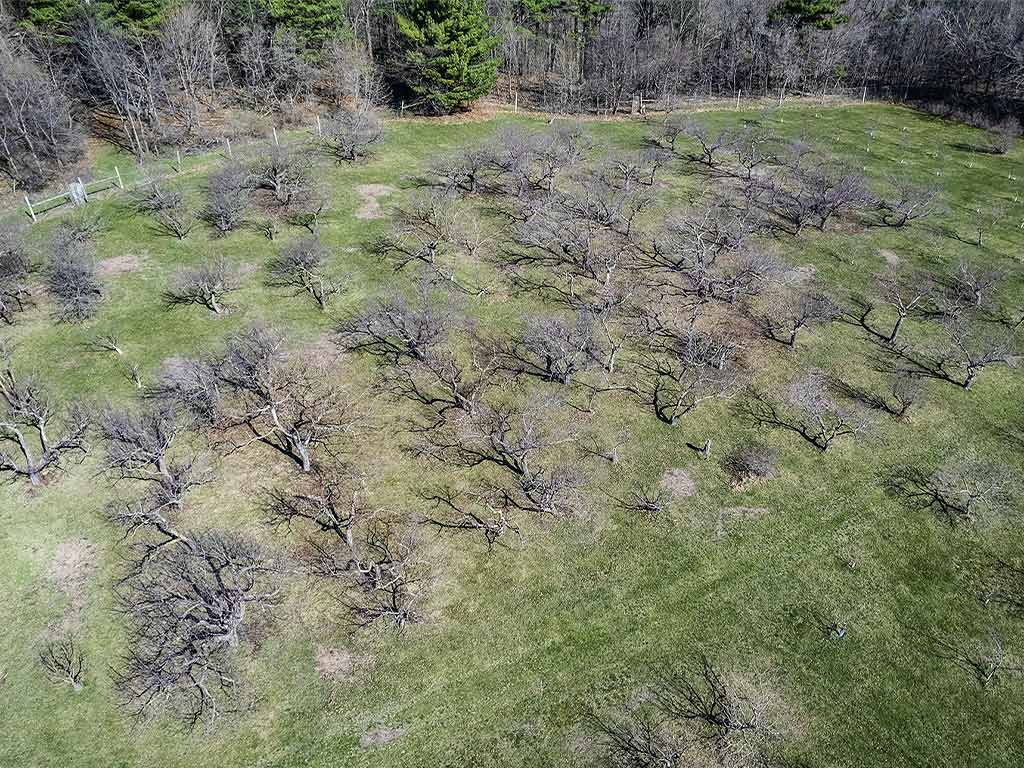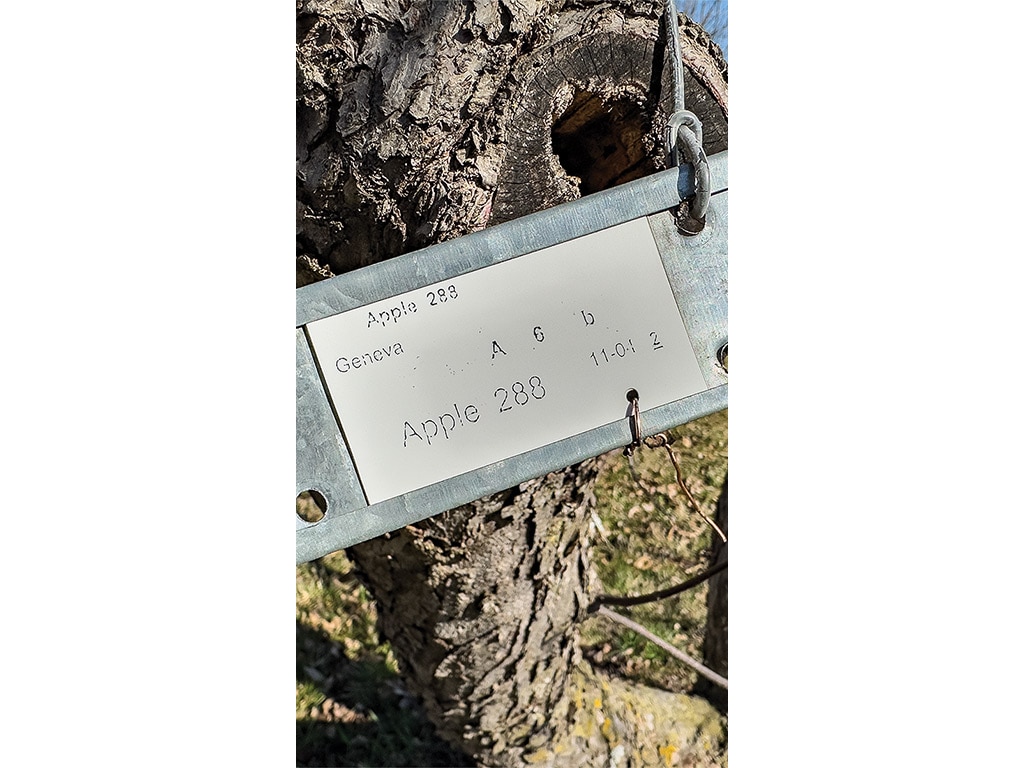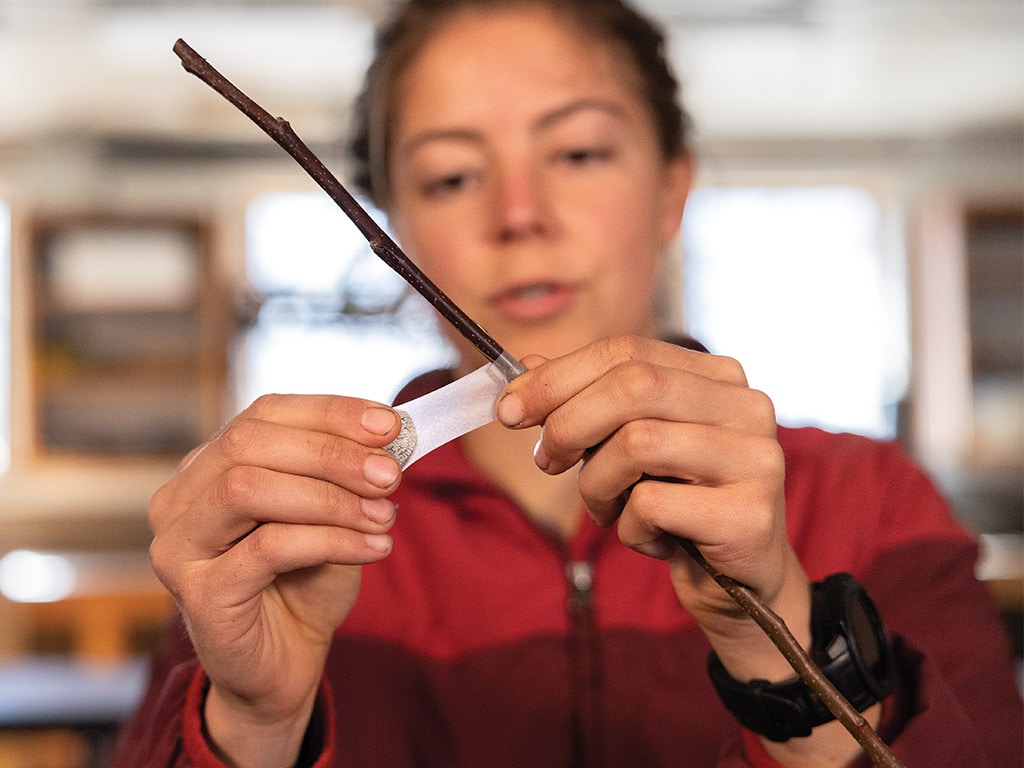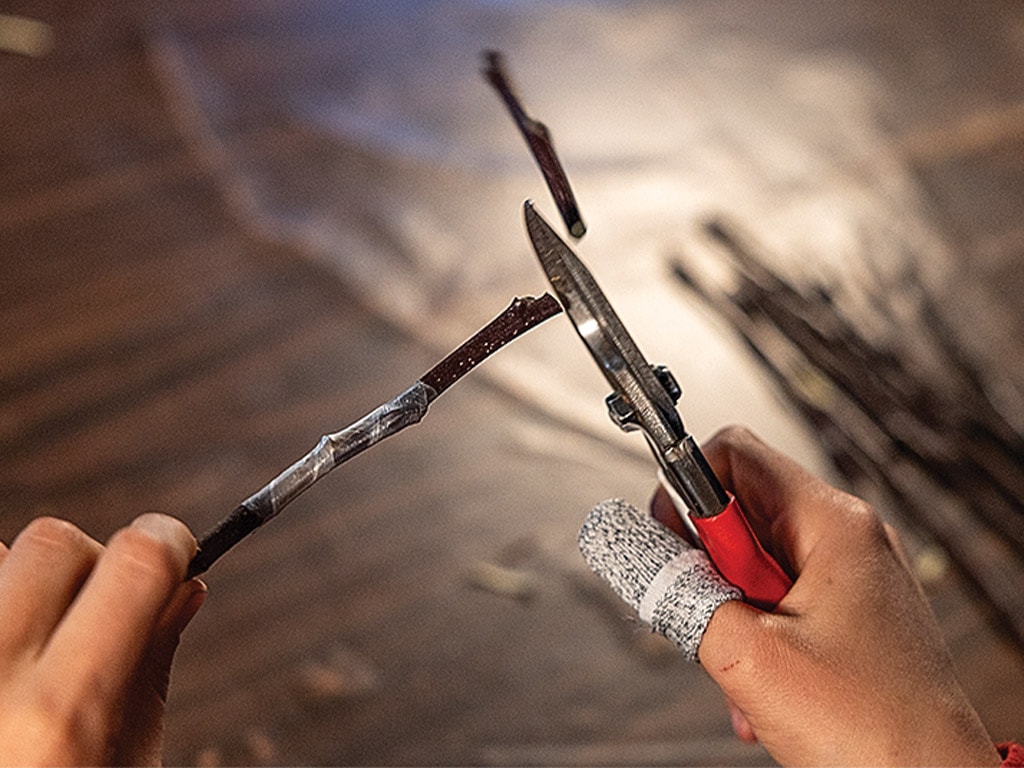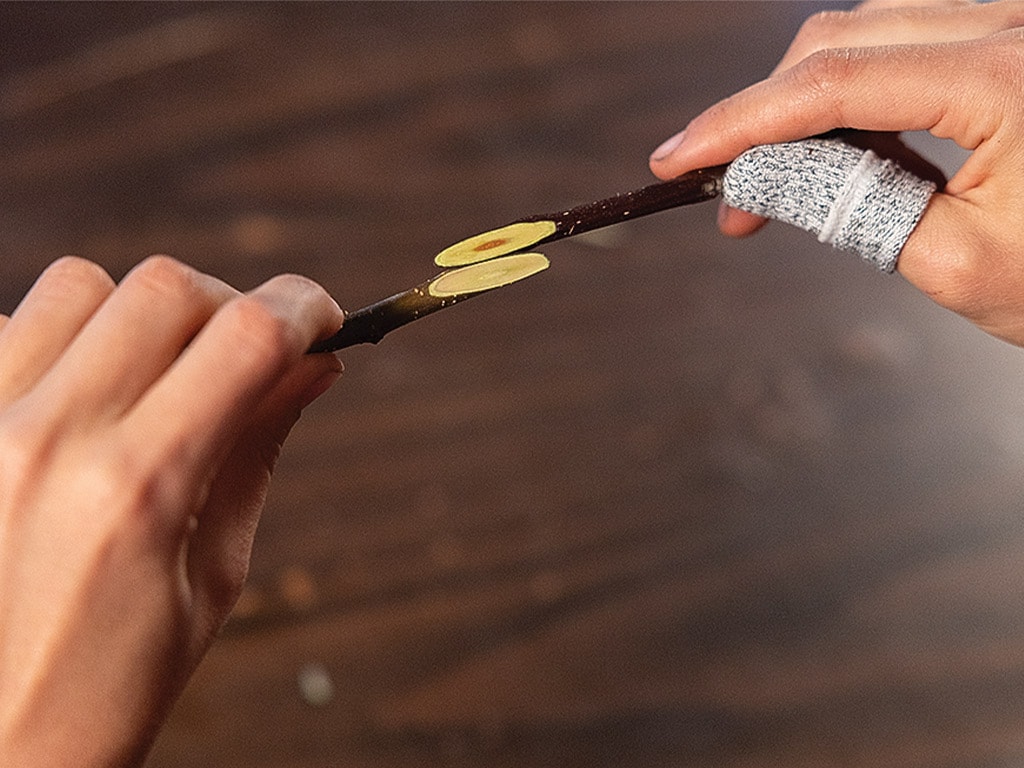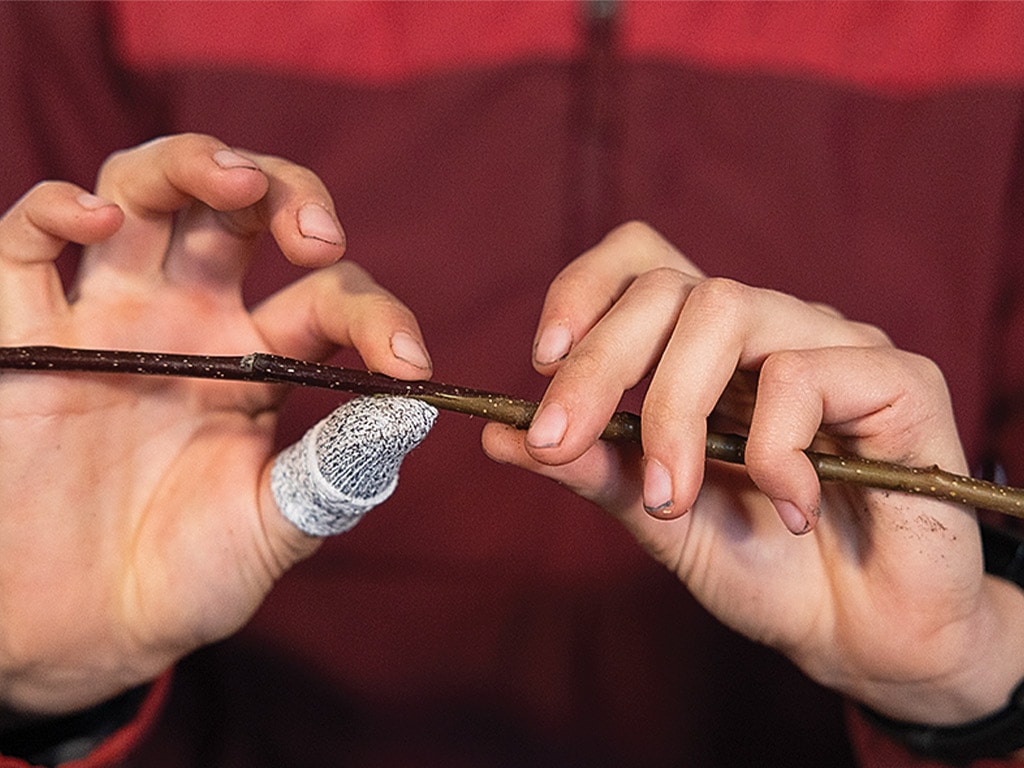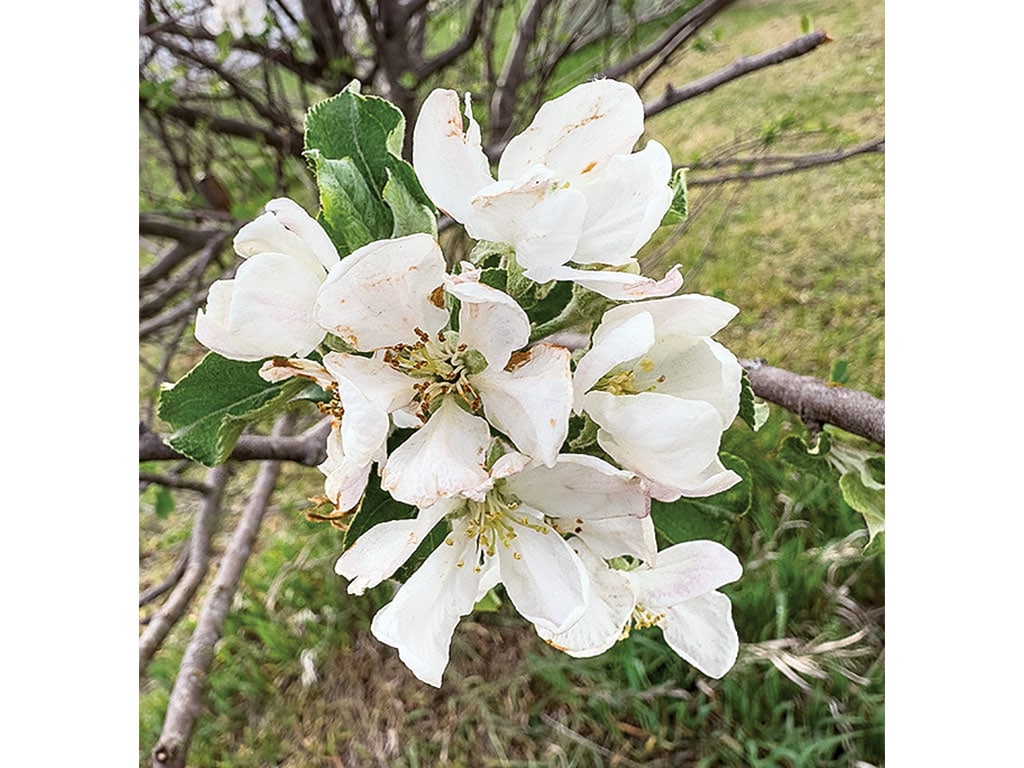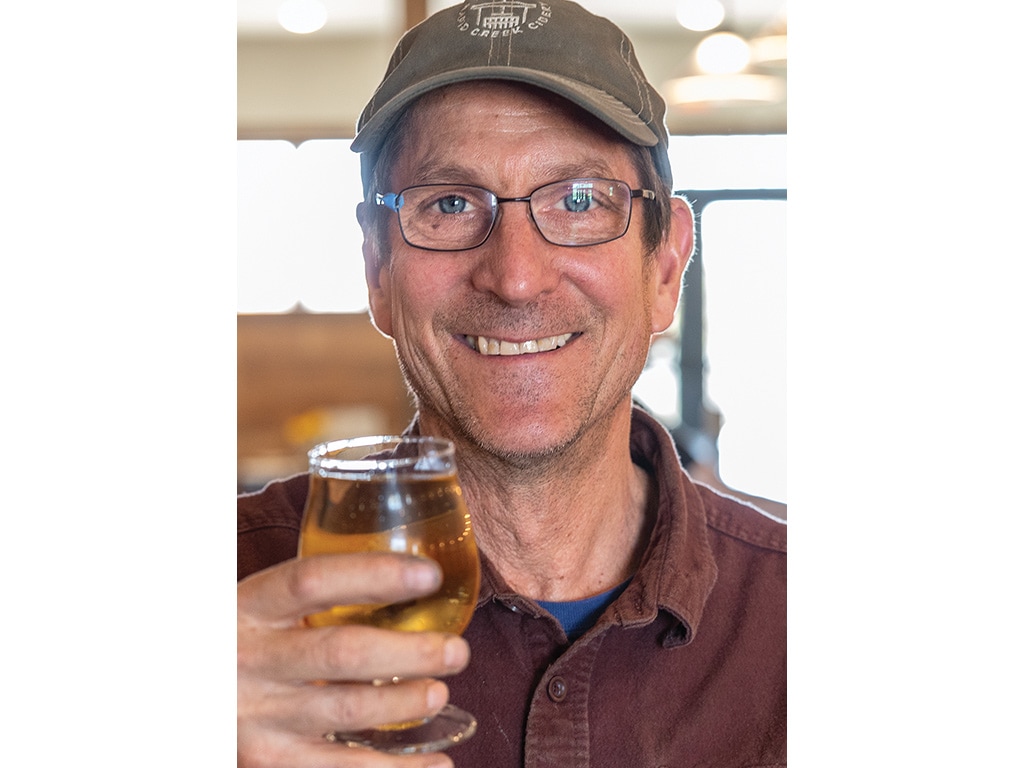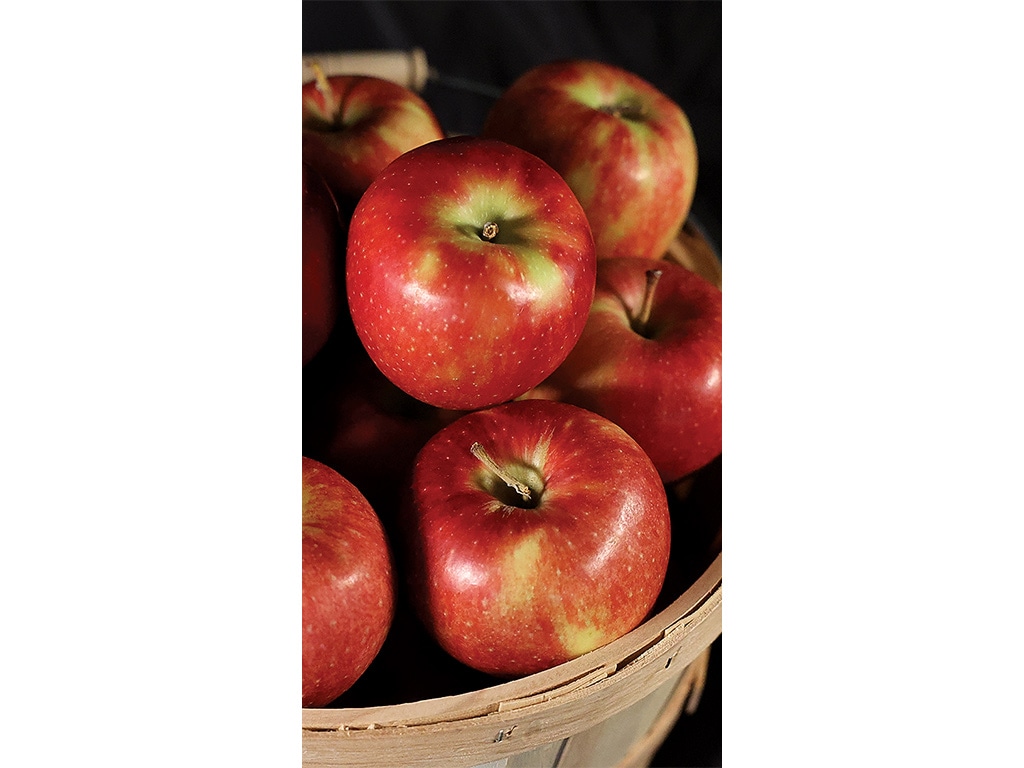Agriculture, Specialty/Niche September 01, 2024
Antique Apples
The quest to preserve ancient varieties.
by Bill Spiegel
When Jamie Hanson was a college student in Maine, on a whim she enrolled in a class called History of Apples. The first day of class the professor took students to an old tree on a small island off the Maine coast.
"We all sat down and ate apples while the professor talked to us about the history of the tree, and I loved it," Hanson recalls. "It felt like it connected to my life in a very different way. The connection to place that tree gave me, was just really surprising."
Just like that, Hanson was smitten with heritage apples.
She's now orchard manager at Seed Savers Exchange, a Decorah, Iowa-based farm that preserves and shares heirloom plants of all kinds, including apples. Hanson oversees the farm's 978 apple trees, including about 700 unique varieties of trees.
Each year, Seed Savers distributes dozens of these varieties to customers, many of whom are small farmers or homesteaders leading an heirloom apple renaissance.
The internet is loaded with Facebook groups and Reddit threads devoted to heirloom apples, loosely defined as any variety released from 1945 or earlier.
The topic fascinates Wisconsin native Dan Bussey, whose father built a house in the middle of an old orchard. A passing interest in apples as a kid led to a passion for heritage varieties as an adult, Bussey says.
"I became fascinated with their names like Sheep's Nose, Cat's Head, Black Gilliflower and Blue Pearmain," Bussey recalls. "The lexicon of apples was intriguing."
Bussey began ordering heritage apple trees through the mail, and when they began to bear fruit, it was like his taste buds awakened. "I was like, 'oh my gosh. These are really good. Why the heck are we not raising these?'" he says.
Apple historian. Bussey spent 30 years researching and writing a 7-volume history of domestic apples called "The Illustrated History of Apples in the United States and Canada," regarded as the go-to resource for North American apple identification and history. The compendium lists some 16,350 varieties of apples from the U.S. and Canada, although he has found evidence of 1,000 more historical varieties since the books were published.
He supervises the heirloom orchard at Silverwood Park in Dane County, Wisconsin, where he plans to have more than 600 varieties of apples grown organically, some dating back to the 1200s, plus those found in backyards, farmsteads, and other forgotten places in Wisconsin.
Bussey reckons there are about 4,000 unique apple varieties growing in the U.S. and Canada now, although apple adventurists constantly forage for new varieties.
"A buddy of mine and I go hiking in southeast Minnesota, and there's one location where there has to be a thousand trees," he says. "We find different apples every year; some with high sugar content, some with a lot of tannin, and wonderful eating and cooking apples.
"It's fun when you can run across that many trees in a small area and just sample some amazing things," adds Bussey, who admits that some of them are pretty darn poor, too.
That's because apples grown from seed, including many wild apples, have a unique combination of genetic material from the parent tree that bore the fruit, and the pollinator tree. Fruit from a tree grown from seed will likely yield small, bitter, and mealy fruit.
Many of those 1,600-plus trees Bussey researched for his books fit that category, Hanson says.
Above. More than 700 varieties make up the Seed Savers Exchange apple orchard. Each variety is tagged for reference. Jamie Hanson, orchard manager at Seed Savers, grafts an apple scion to rootstock, using the "whip and tongue" technique. Grafting is necessary to ensure desired characteristics will develop. Apple trees grown from seed have unpredictable genetic background, Hanson says.
Johnny Appleseed. The number of apple varieties soared as settlers moved west, planting seeds wherever they landed. And, the real Johnny Appleseed, a man named John Chapman, spent nearly 50 years planting apple seeds throughout the northeast U.S., beginning in 1792.
Because of the genetic diversity in apples—each tree carries some 57,000 genes, about twice the number of the human genome—planting apple seeds was a long-term proposition that could wind up a bust, yielding apples with little flavor.
Now, as consumers seek consistency in the size, flavor, and texture of apples, there are only about 12 to 15 varieties on grocery store shelves.
The math makes sense, says Paul Rasch, who owns Wilson's Orchard, with locations in Iowa City and Des Moines. When Rasch bought the Iowa City orchard from founder Chug Wilson in 2009, there were more than 120 different varieties of trees, and 80 or so heirloom varieties. Now, there are fewer heirlooms and more apples consumers demand.
"People are definitely interested in heirlooms, but they might only buy a few of those apples, whereas they may take home $80 worth of Honeycrisp," Rasch says.
The limited commercial success of heirloom apples in stores, farmers' markets, and you-pick orchards heightens the importance of an outfit like Seed Savers to keep the heirlooms alive for hobbyists and homesteaders. For just a few dollars, customers can order scion wood from Seed Savers' collection, and Hanson also teaches folks how to graft scion wood to rootstock in several online courses each year.
Plant a tree. And above all, try growing heirloom apples, Hanson suggests.
"The smallest little piece of growing one historic variety really is a massive help for what we're doing, and what conservationists all over the U.S. are trying to do," says Hanson, who urges people to visit a local orchard to learn about different varieties.
"See what they're growing that you haven't heard of before, because folks are missing out on a lot of great apples by limiting themselves to the few varieties at a grocery store." ‡
Above. Apple blossoms open over several days to avoid self pollination. Paul Rasch, owner of Wilson's Orchard in Iowa City and Des Moines, says demand for apple products, including hard cider, is growing as tastes in apples change. The heritage of Jonagold apples dates back to the early 1800s in upstate New York.
Read More

AGRICULTURE, FARM OPERATION
A Hot Deduction on New Land
Residual fertilizer cuts costs of farmland purchases.

RURAL LIVING
Troublesome Neighbors
Living in the countryside means sharing your outdoor experience.


